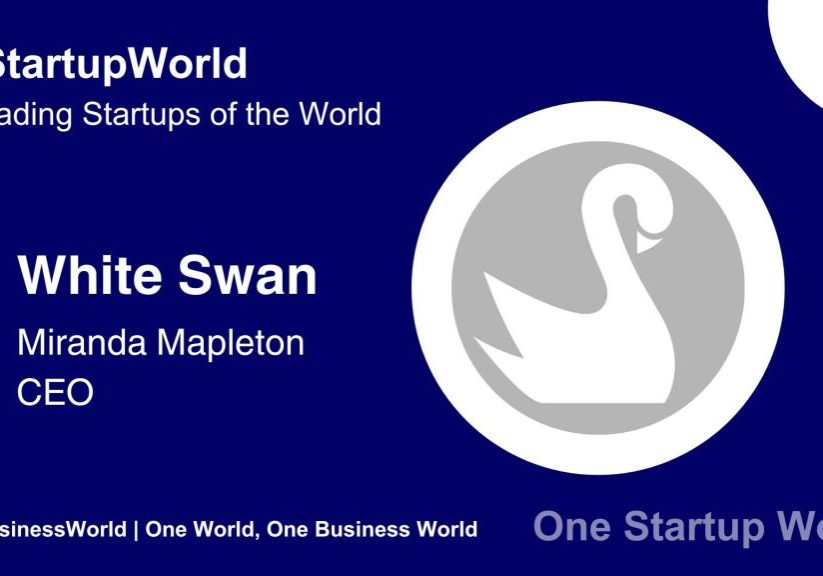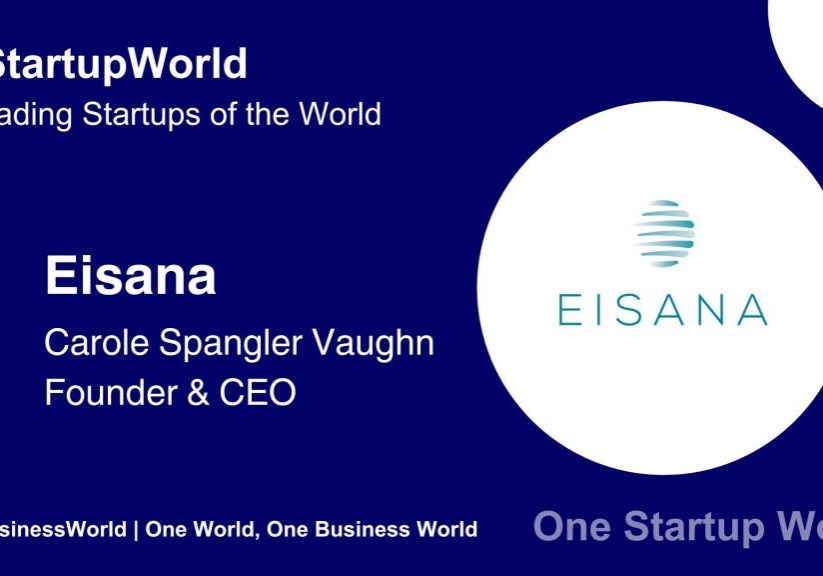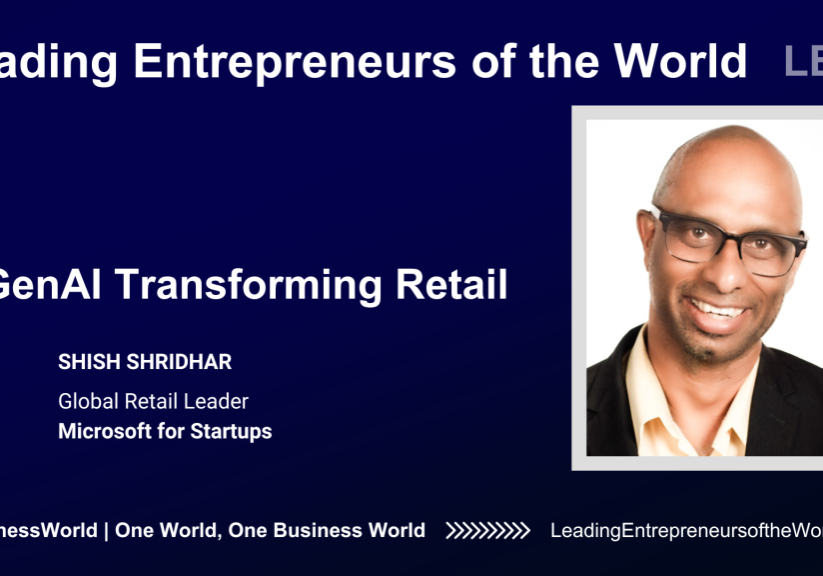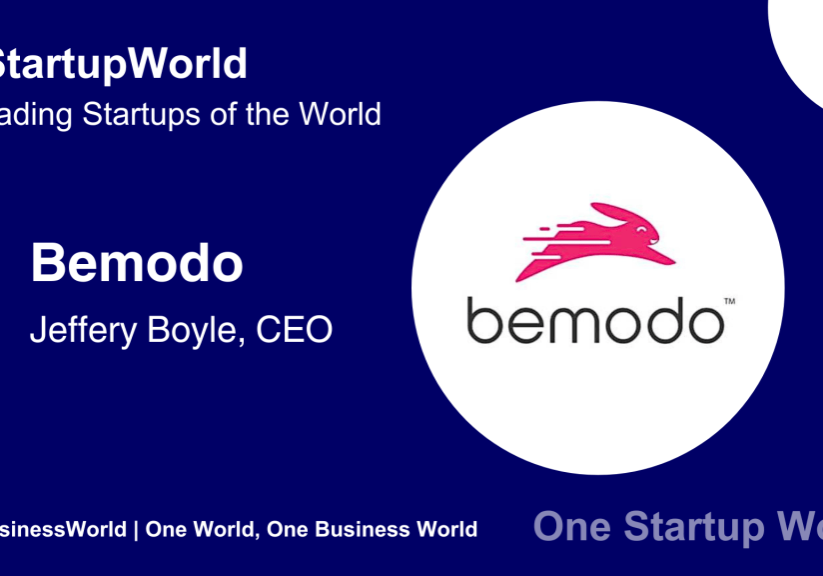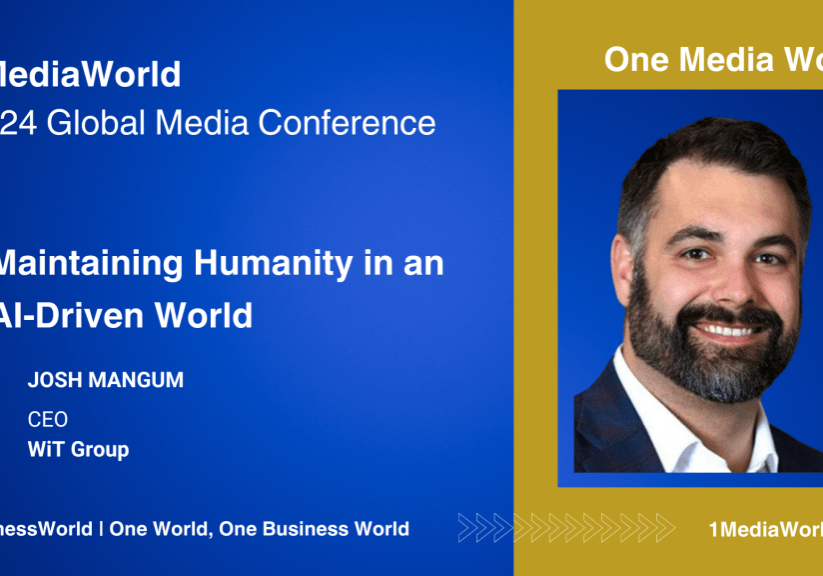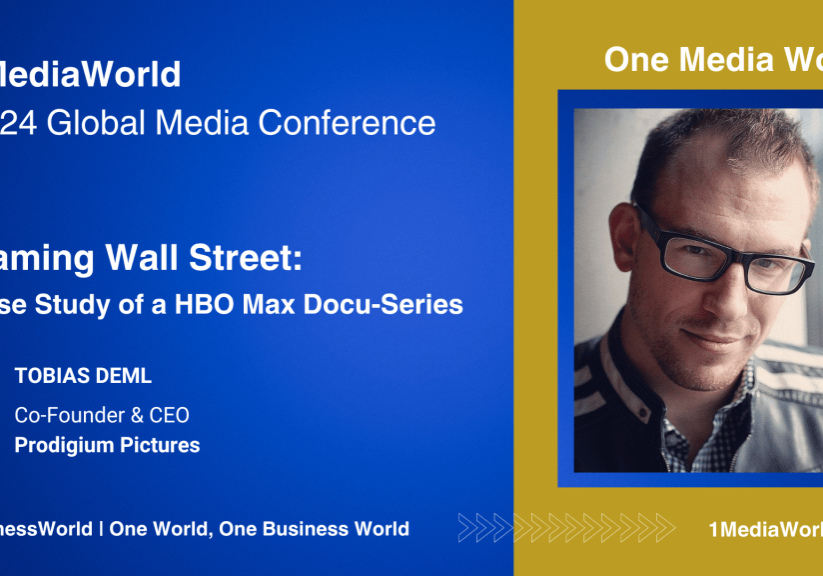
In a landscape where the confluence of commerce and social impact increasingly commands the attention of business leaders worldwide, John Hewko's discourse at the 2023 Leading Entrepreneurs of the World Conference stands as a beacon of insightful leadership. Serving as the General Secretary and CEO of Rotary International and The Rotary Foundation, Hewko elucidated the potent synergy between business acumen and altruistic endeavor, encapsulating a theme of paramount relevance to today’s entrepreneurs: "The Intersection of Commerce and Cause."
Hewko’s narrative, set against the backdrop of his extensive experience with Rotary International, delves into the historical evolution of an organization that epitomizes the harmonious blend of professional networking and societal contribution. Founded in 1905, Rotary emerged as the progenitor of professional networking, akin to a primordial LinkedIn, yet it swiftly transcended its original purpose to embrace a broader mission of community service. This transition from a purely business-oriented club to a global powerhouse of volunteerism underscores a fundamental shift in understanding the role of businesses and their leaders in fostering societal well-being.
Central to Hewko’s address is the exemplification of Rotary’s polio eradication initiative, a campaign that embodies the zenith of volunteerism's impact. Spearheaded by a nonprofit rather than a governmental or a business entity, this initiative showcases the unparalleled potential of organized, passionate volunteers in addressing and conquering global health challenges. The journey from 125 polio-endemic countries to just two reflects not only the audacity and perseverance of Rotary and its partners but also serves as a testament to the power of collaborative, cross-sectoral efforts in achieving monumental goals.
Moreover, Hewko emphasizes the transformative effect of volunteerism on the individual, arguing for its inclusion as a cornerstone in the developmental pathways of professionals. By engaging in volunteerism, individuals not only contribute to societal betterment but also undergo profound personal growth, acquiring leadership skills, ethical grounding, and a sense of global citizenship that are indispensable in today’s interconnected world. This dual benefit – to both the individual and society – forms a compelling argument for businesses to actively promote and support employee involvement in volunteer activities.
Hewko’s insights extend beyond mere advocacy for volunteerism; they provide a blueprint for integrating ethical considerations into the fabric of business operations. The Rotary’s Four-Way Test, a simple yet profound ethical guideline, is presented as a universal framework that, if adopted, could significantly elevate the moral and ethical standards of business conduct worldwide. This call for ethical introspection and action within the business community is timely and resonates with the growing demand for corporate responsibility and ethical leadership in the face of global challenges.

Hewko’s discourse at the Leading Entrepreneurs of the World Conference is not just a recounting of Rotary International’s achievements but a clarion call to business leaders and entrepreneurs. It urges them to envision and enact a future where commerce serves not only as a vehicle for economic prosperity but as a catalyst for positive societal change. Through strategic innovation, ethical leadership, and a commitment to volunteerism, businesses have the unique opportunity to drive profound and lasting impacts, both within their communities and across the globe.
In conclusion, John Hewko’s presentation not only highlights the intersection of commerce and cause as a fertile ground for entrepreneurial excellence but also challenges the business community to redefine success. In this reimagined paradigm, success encompasses not just financial achievements but the broader, more impactful measure of how businesses and their leaders contribute to the betterment of society. This perspective is essential for those aspiring to leadership roles that merge the pursuit of business excellence with a deep commitment to ethical practices and societal contributions.
